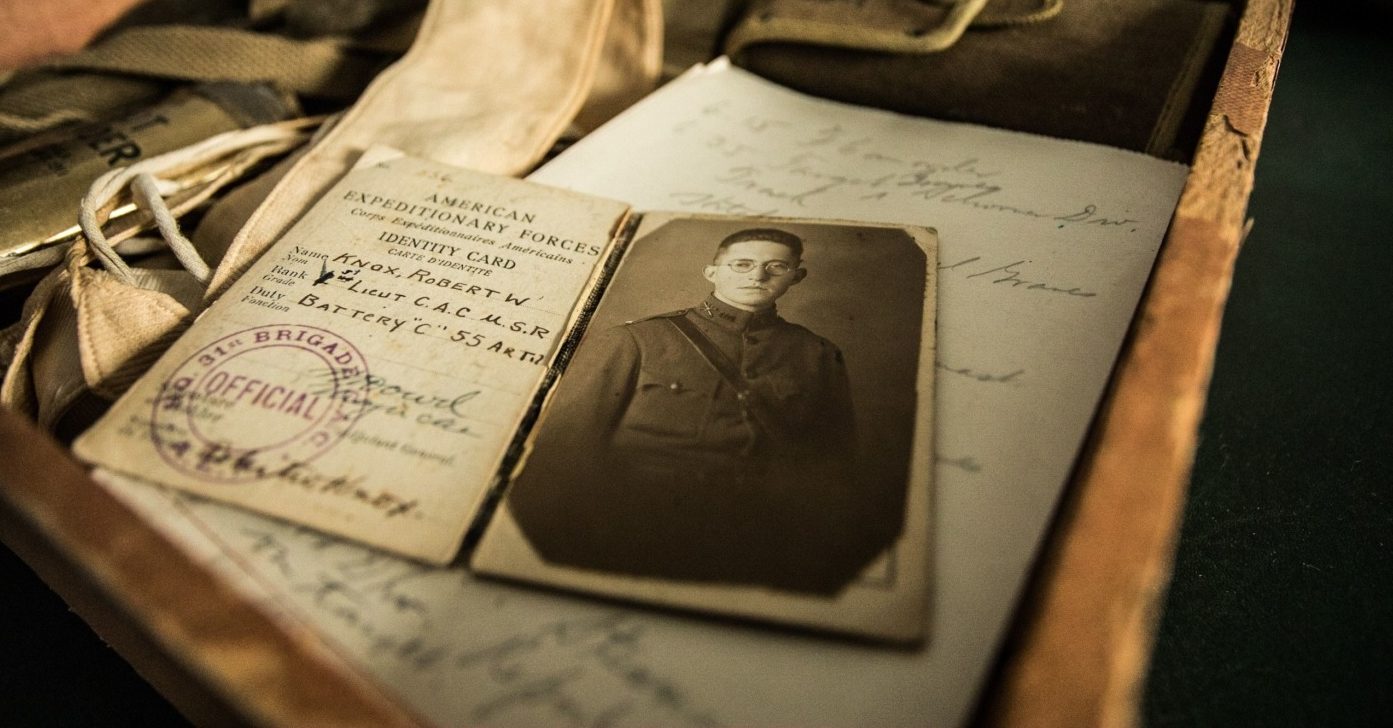Allowing creative license in historical fiction
Historical fiction is defined as a genre which takes place in a setting located in the past. But how much creative license is allowed when there’s a risk that the book can be taken as factually correct about a certain time period? Should we expect them to be historically accurate, or take the ‘fact’ with a pinch of salt?
I think we should consider what type of historical fiction it is and in what way the text is inaccurate. Some historical fiction, for example, explore key events in history such as the Black Death. If a novel were to make up how this disease was spread or its symptoms, the believability of the novel would be undermined. However, if a writer wrote about a doctor who selflessly saved lives during the Black Death, but they were purely a fictional character, this would be less of an issue because it may be more likely that there was someone out there like that. The writer just isn’t writing about them specifically.
An author couldn’t write that someone other than Guy Fawkes was caught as responsible for plotting to blow up Parliament, unless they wanted their book to be about an alternative version of history. However, they could suggest someone else was behind it all, but no one ever found out, as this doesn’t ‘upset’ our version of history.
We also need the element of truth for readers to believe and invest in the story
To some extent it is important to stay true to history, otherwise the appeal of historical fiction would be lost. Part of why I like historical fiction is because you can learn about the past and be aware of the different ways people lived before. We also need the element of truth for readers to believe and invest in the story and therefore take it seriously.
Ultimately it is the reader’s responsibility to realise the book is a work of fiction and therefore they shouldn’t take every detail to be factually correct. Readers should be able to make a judgement on how likely something is to be completely accurate – for example, a conversation between a queen and her servant is probably written with creative license as such an event is unlikely to have been recorded in history.
At the same time, I always think it is good when writers make clear at the beginning or end of the book if they have significantly ‘changed’ history which is something many often do already. Inaccuracies should also exist for a good reason – the writer shouldn’t be making things up because they couldn’t be bothered to research the time period. The changes to history should add to the story in some way and be purposeful.
We shouldn’t be overly demanding towards historical fiction, and restrict it in ways that we wouldn’t other types of fiction
It is essential to remember that although it is historical fiction, the key word is fiction. Arguably, even an autobiography is going to leave out some details, making it ‘inaccurate’, or deviating it from the truth because not all events are going to be remembered completely accurately. Therefore, we shouldn’t be overly demanding towards historical fiction, and restrict it in ways that we wouldn’t other types of fiction.
Writers should be allowed to write stories inspired by history without being completely loyal to it throughout. We should also remember that historical dramas on TV are not a hundred percent accurate either. Part of what makes a good novel is balancing the need to keep it realistic so that readers are engaged with the text, and using creative license to make it more exciting. Fiction is not about religiously replicating real life.

Comments
Comments are closed here.